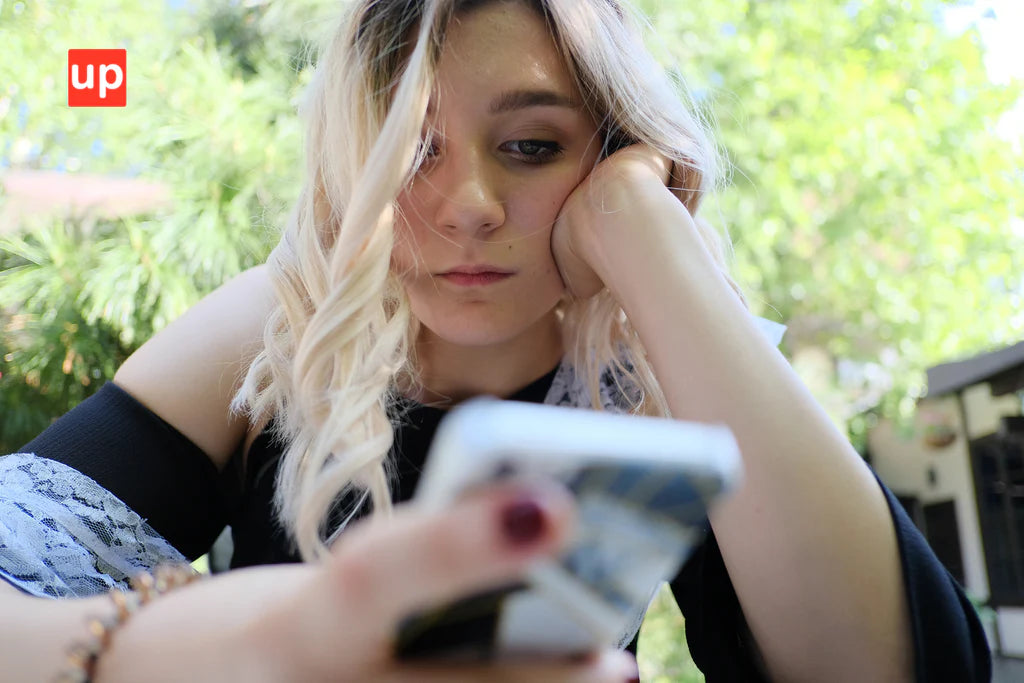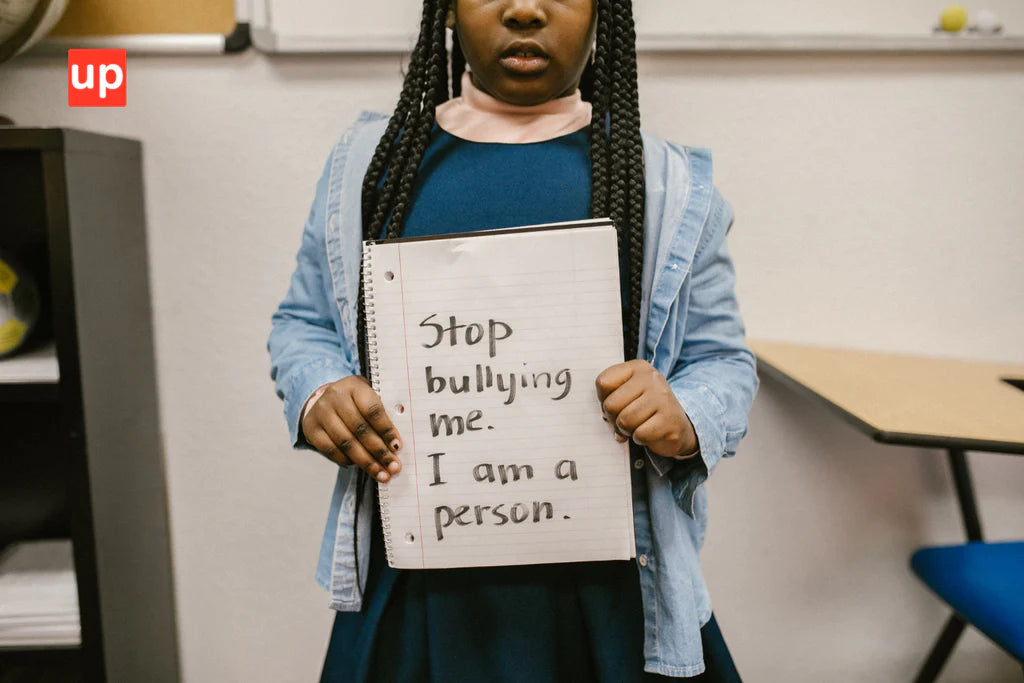Introduction:
In an era dominated by social media, Instagram has become a prominent platform, especially among teenagers. Its visually appealing interface and huge user base have transformed the way young people communicate and share their lives. However, beneath the surface of filtered images and carefully curated feeds lies a complex digital landscape that can have a significant impact on the psychology of teenagers.
In this blog post, we will delve into the potential damage Instagram is causing to adolescents' mental health and well-being, shedding light on the underlying issues and exploring strategies for a healthier digital experience.
 I. The charm of the perfect image: Beauty: Deconstructing unrealistic standards of beauty
I. The charm of the perfect image: Beauty: Deconstructing unrealistic standards of beauty
Instagram projects a world of flawless beauty, with users sharing heavily edited and filtered images. Such standards can create unrealistic expectations and fuel feelings of inadequacy among teens. Research studies have shown a strong relationship between exposure to idealized images on Instagram and body image dissatisfaction (Jongenelis et al., 2018).
II. From FOMO to JOMO: The fear of losing something and the joy of losing something on Instagram
 The constant stream of Instagram updates can cause fear of missing out (FOMO) in teens, leading to anxiety and feelings of inadequacy. However, adopting Joy of Missing Out (JOMO) and learning to disconnect from the platform can promote mental health and reduce the negative effects of excessive Instagram use (Hunt et al., 2018).
The constant stream of Instagram updates can cause fear of missing out (FOMO) in teens, leading to anxiety and feelings of inadequacy. However, adopting Joy of Missing Out (JOMO) and learning to disconnect from the platform can promote mental health and reduce the negative effects of excessive Instagram use (Hunt et al., 2018).
III. The comparison trap: How Instagram feeds social comparison and low self-esteem
With its focus on showcasing life's highlights, Instagram can spark social comparison among teens. Constant exposure to the seemingly perfect lives of others can lead to lower self-esteem and feelings of dissatisfaction with one's own achievements (Vogel et al., 2019).
 IV. Behind the likes: unraveling the tangle of the search for validation and self-esteem
IV. Behind the likes: unraveling the tangle of the search for validation and self-esteem
Likes and comments on Instagram posts often become a measure of validation and self-esteem for adolescents. The search for social validation can be addictive, leading to a dependence on external validation and affecting self-esteem. Developing a healthy sense of self-esteem that is not solely dependent on social media metrics is vital to adolescents' psychological well-being.
V. Digital distancing: Exploring the relationship between excessive Instagram use and loneliness
Surprisingly, excessive Instagram use can contribute to feelings of loneliness and isolation. Although the platform connects individuals, the curated nature of posts can create a sense of disconnection and a distorted perception of social interactions. Practicing digital detachment and balancing online activities with offline connections is essential to combat loneliness (Elhai et al., 2019).
VI. The Influencer Effect: The psychological impact of ambitious personalities on adolescents
Instagram influencers, with their glamorous lifestyles and carefully cultivated images, can greatly influence teenagers' perceptions of beauty, success and happiness. However, it is important for teens to recognize that these images often represent an idealized version of reality and may not accurately reflect the complexities of everyday life.
VII. Cyberbullying and trolling: Navigating the dark side of Instagram social interaction
The anonymity of online platforms such as Instagram can unfortunately give rise to cyberbullying and trolling. Cases of online harassment can have serious psychological consequences for adolescents, leading to anxiety, depression and reduced self-esteem. Raising awareness about online safety and promoting a supportive digital environment is vital to mitigate the harmful effects of cyberbullying (Tokunaga, 2010).
 VIII. From body shaming to body acceptance.
VIII. From body shaming to body acceptance.
While Instagram can perpetuate body shaming through idealized body models, it also has the potential to promote body positivity movements. Many users have embraced Instagram as a platform to promote different body types and challenge traditional beauty standards. Encouraging conversations around body positivity and inclusivity can help address the negative effects of body shaming on the platform (Perloff, 2014).
IX. The blurred boundaries of reality: Understanding the impact of edited and filtered content
The prevalence of edited and filtered content on Instagram blurs the boundaries between reality and fiction. Teens need to develop critical media literacy skills to distinguish between authentic content and idealized representations. Recognizing that everything they see on Instagram and all social media platforms does not accurately reflect real life is vital to maintaining a healthy perspective.
X. Empowering teenagers: cultivating healthy digital habits and promoting self-care
To address the potential harm of Instagram and social media in general, it is important to empower teens with the knowledge and tools to navigate the platform mindfully. Encouraging healthy digital habits, such as setting boundaries, practicing self-care, cultivating offline relationships and promoting positive self-talk, can contribute significantly to their psychological well-being.
Conclusion:
The allure of Instagram and social media as a visual platform should not overshadow the potential harm it can have on adolescents' psychological well-being. By acknowledging and understanding the negative effects, we can work towards creating a healthier digital environment for young people. Empowering teens with strategies to develop a healthy relationship with Instagram, and other social media platforms, cultivating critical thinking and promoting self-care will allow them to navigate the platform while safeguarding mental health in an increasingly connected world.
Original content from the Upbility writing team. Reproduction of this article, in whole or in part, without credit to the publisher is prohibited.
You can also read:









